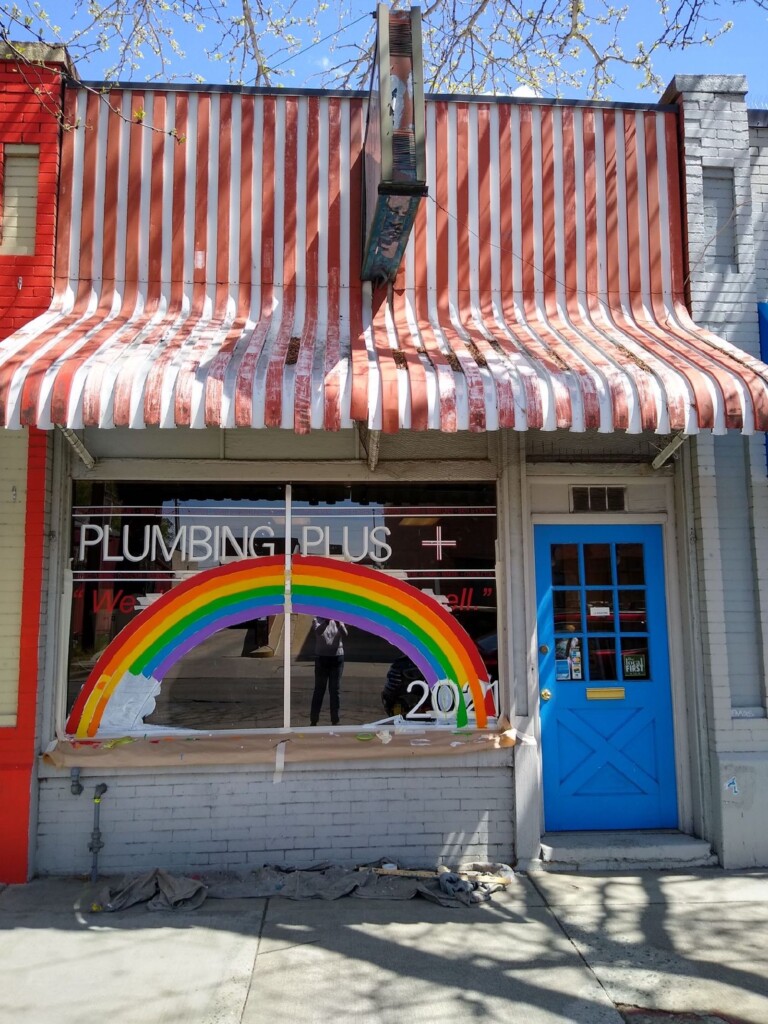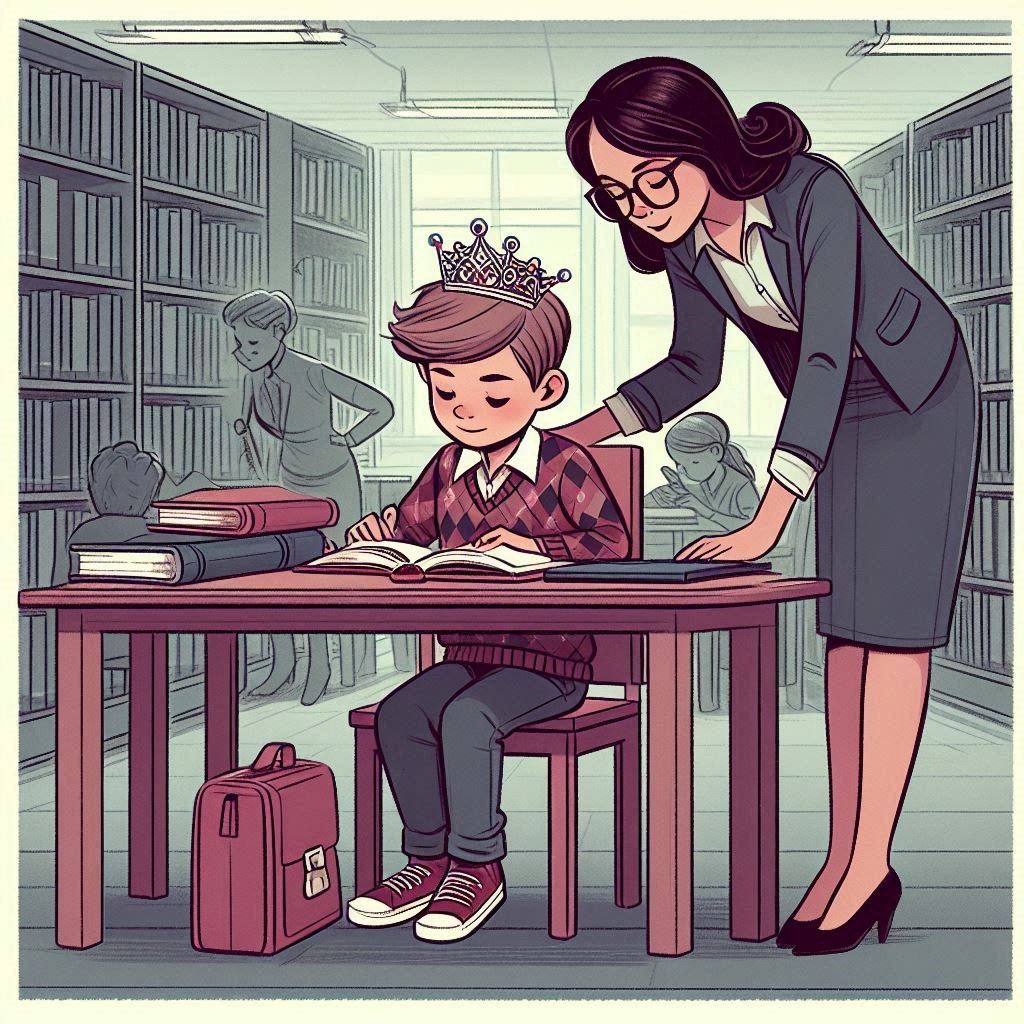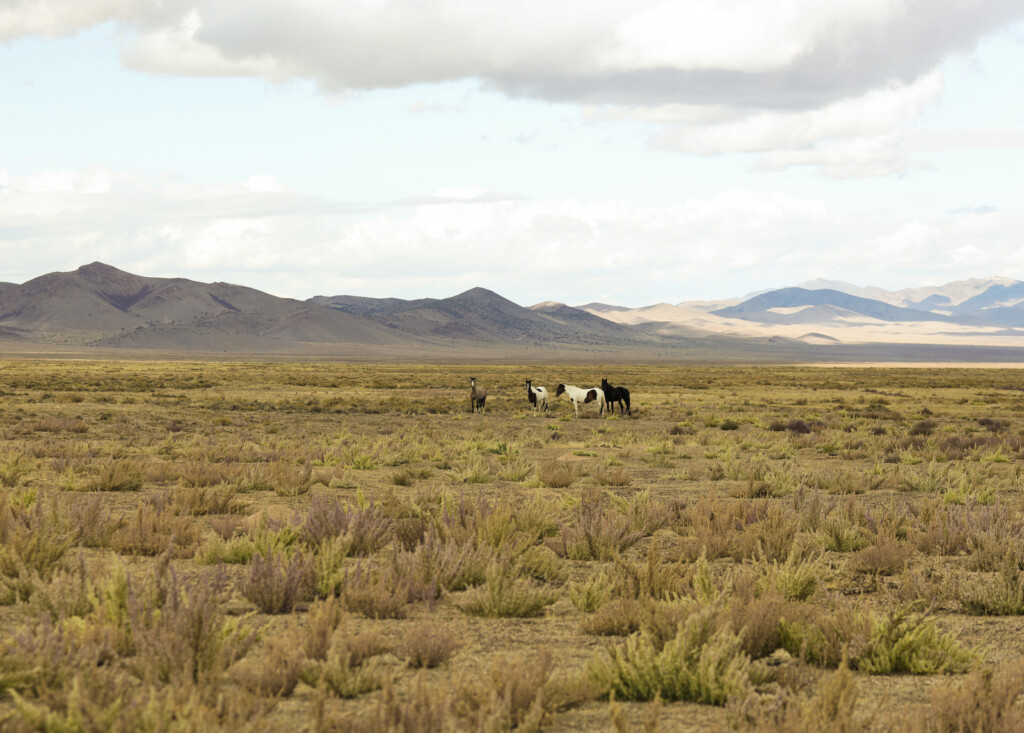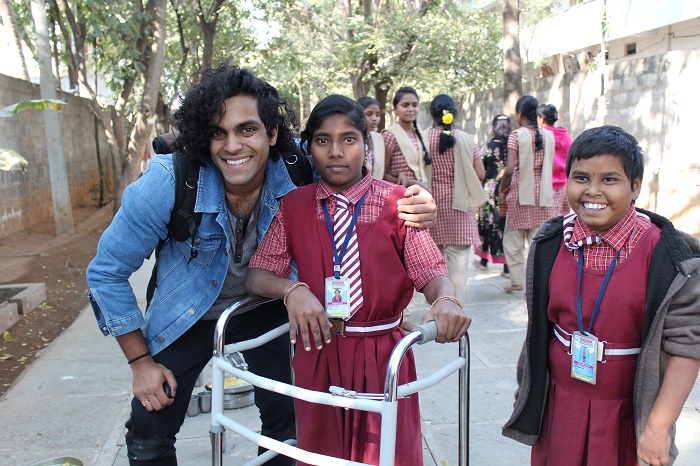
Project Embrace founder, Mohan Sudabattula, talks about how his connection to Utah evolved into a company that donates medical waste to balance global medical inequality. Mohan is a student of Biology, Philosophy and Health Policy from India, but his relationship to Utah innovation goes back years. “I grew up dancing at University of Utah campus events,” he said.
Carving a Niche
Mohan discovered volunteering in the orthotics and prosthetics department at Shriners Hospital for Children. “Insight that led to Project Embrace came when I realized how quickly children outgrew prosthetics and orthotic braces,” he said. “I thought about a visit to an orphanage when I was twelve, and remembered that those kids didn’t have access to medical equipment.”
His innovation was cutting the red tape in order to donate perfectly reusable medical waste in the form of cast-off medical equipment. “The moment medical equipment leaves the country, it gets easier,” he said.
Project Embrace is a Beehive State original, different than other humanitarian missions. “There’s recycling and the surplus-side,” he explained. “We deal with medical waste rather than surplus equipment. Overstock donations tend to stay local when it comes to certain things, so why not just repurpose it and carve a niche in the market? It’s provocative to reuse medical waste, and it’s meant to be,” he continues. “Crutches aren’t needles; they can be reused. Across the board, internationally, these things are reused all the time.”
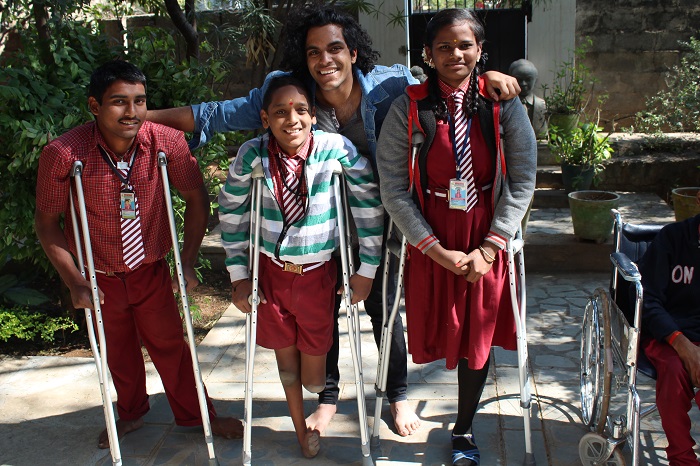 No Lab Coat Required to Make Global Impact
No Lab Coat Required to Make Global Impact
Mohan predicts that Project Embrace will improve medicine internationally and in Utah. “Talking healthcare and medicine, people often have a false idea that you must have a special skill set or degree,” he said, “but you don’t have to wear a white coat to make an impact. Donating medical devices abroad, we’re opening up community doors to direct participation in making a global difference; making Utah a big part of the global community.”
What Defines Them as a Startup?
“As a student of biology and philosophy, I never imagined myself an entrepreneur, but at the end of the day, anyone can be an entrepreneur by finding a problem and making the solution real.” Mohan says scholars from the UK said Project Embrace was a cool idea, but they also asked him, “When you’re finished with crutches in America, you don’t give them back?”
Orthotics brace the body, prosthetics extend body function. “We’ve created a new avenue for medical devices, and we offer a tax write off,” Mohan said. “It’s 2017, and it’s interesting no one has thought to reuse these devices when they don’t know what to do with them. Not everything that can be done in medical innovation is being done.”
The overall goal at Project Embrace is to reduce global health inequalities and promote sustainable healthcare. “We want to expand into a force for global health innovation outside of our first project,” Mohan noted. Their first shipment of re-purposed medical devices shipped to India in December.


